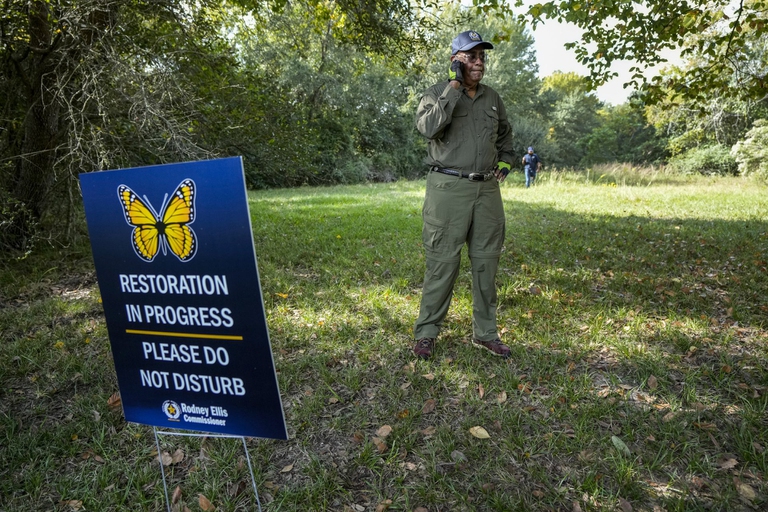https://www.lifegate.it/33-darkspot-luoghi-specie-non-ancora-scoperte
- |
Of the immense biodiversity that exists on our planet, we know to date 400 thousand species of plants, described and named by science.But there are tens of thousands of them (it is estimated more than 100 thousand) whose existence we still ignore and, therefore, their characteristics but above all their state of health.
Darkspots, places with more species that are still unknown
Each species plays a very important role for the ecosystem, forming the great biodiverse mosaic of the Planet, on which the future of numerous other species, including humans, depends.But every day we receive news of species that are threatened, at risk of extinction, and others that are being bid farewell forever.This is why countries around the world are taking action to reach the conservation objectives and restoration to counter the ongoing ecosystem crisis.

To do conservation you need to know what to protect, and above all where.Some botanists of Royal botanical gardens at Kew, in the UK, have made one study that identifies 33 locations around the world where the greater number of species not yet discovered, known as “dark spots” or botanical areas, which must be priorities in scientists' search for new species.
“The research aims to help address conservation and accelerate the discovery of new plants, because some could become extinct before science reaches them,” said Alexandre Antonelli, one of the authors of the study and scientific director of Kew Garden.Considering the quantity of still unknown species, the 30 percent of which it is thought to be at risk of extinction, it is essential that conservation efforts are properly targeted.
What we don't know helps us find what we need
These botanical areas were identified starting precisely from the limits of scientific knowledge, from the missing data.“We want to address the challenge of accelerating the description and mapping of plant diversity by evaluating the taxonomic and geographical deficiencies”, we read in the study.
Botanists have identified 33 darkspots:
- 14 in Tropical Asia (New Guinea, Vietnam, Myanmar, India, Assam, Philippines, Eastern Himalaya, Borneo, Thailand, Laos, Western Himalaya, Malacca, Bangladesh, and Sumatra)
- 8 in South America (Colombia, Peru, Ecuador, Southeast Brazil, Venezuela, Costa Rica, Panama and Bolivia)
- 8 in temperate Asia (south-central China, Türkiye, Iran, southeast China, Uzbekistan, Tajikistan, Afghanistan, and Kazakhstan)
- 2 in Africa (Madagascar and Cape Province)
- 1 in North America (southwest Mexico).
Of these 33 darkspots or botanical areas, the majority are found in those that had already been defined biodiversity hotspot, i.e. areas characterized by very high levels of biological diversity, which must be protected.Not all countries hosting these areas have the capacity (one of the parameters of the study was socioeconomic conditions), or the speed, to identify this enormous number of species, and implement conservation efforts on their own.This is why efforts must be directed.
At the end of the month, among other things, the countries will meet Cop16, the sixteenth United Nations conference on biodiversity to be held in Colombia, precisely to evaluate the objectives set in 2022 to slow the loss of biodiversity by the end of this decade.And so we return to the objective and intent of this precious study:“Countries have agreed to preserve and restore biodiversity. How can we do this if we don't know what species we're talking about, if we don't know what this biodiversity is and where we can restore it?”.This study offers a starting point.
